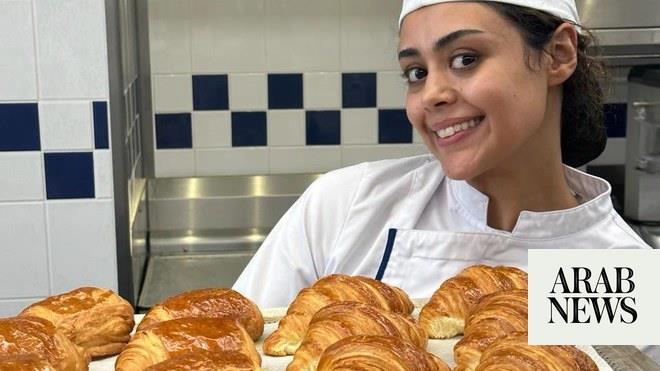
The WTO has 164 members representing 98 percent of world trade
LONDON: Saudi Arabia’s candidate to lead the World Trade Organization (WTO) is a big believer in process. He sees the current shortcomings of the organization and the rise of global trade disputes as largely a failure of process. For the 25-year-old body to be effective, it must deliver on its trade negotiation mandate so that countries do not simply circumvent it and opt for more belligerent ways of settling disputes.
Mohammad Al-Tuwaijri, the Kingdom’s former minister of economy and planning, has highlighted the dangers this trend represents to the world order in his vision for the WTO. He sees growing inequality within and between nations as spurring the rise of nationalism worldwide.
The former fighter pilot, banker and minister faces competition from seven other candidates for the Director-General (DG) role, from Egypt, Kenya, Nigeria, Mexico, Moldova, the UK and South Korea.
The successful candidate will be appointed at a most challenging time. The trade war between the world’s two largest economies is just one of the issues the WTO faces as the rise of protectionism and the fallout from the pandemic threatens global growth.
When Al-Tuwaijri gave his initial candidate press conference in July, there was a telling moment when he described the need to stabilize the WTO. As he spoke he gripped his hands together as if pulling back on a joystick.
He never directly referred to his early career as a fighter pilot, but it was clear from the language he used and the analogies he drew that it was a formative experience for him and has informed his thinking in his subsequent career in business and government.
He sees the current crisis in global trade and within the WTO itself as an opportunity for reform. Similarly the backdrop of a global economy desperately trying to right itself in the wake of the coronavirus pandemic is presented as providing the motivation to get things done.
“People perform better under crisis,” he says. “People perform better when they see stress.”
During that press conference he was asked what he thought was the biggest challenge facing the WTO.
“The world has changed and changed significantly in the last decade and particularly in the last few years,” he said. “So I think the biggest issue that the WTO is facing today is around process,” he said.
While Al-Tuwaijri was careful not to get into specific examples, many would see the trade war between the US and China as the biggest example of a failure in trade negotiation process.
Both economies are estimated to have lost hundreds of billions of dollars and tens of thousands of jobs.
US president Donald Trump, seeking a second term in office, has dismissed the Geneva-based WTO as “broken” while his administration has blocked the appointment of two new members to its appellate body, removing its ability to definitively rule on disputes.
“Why is the appellate body not working? What is the root cause? It is simply that the negotiations are not working,” said Al-Tuwaijri.
He stresses the need to provide members with enough information and data to accurately assess the implications of becoming embroiled in damaging disputes and to ensure that the initial negotiations are effective in getting to grips with the fault lines between warring parties and how to reconcile them. Otherwise a vicious cycle quickly ensues, he believes.
“People get dissatisfied, the process becomes broken, solutions are sought outside, nothing will happen,” he says.
Then the pilot is back in the press conference room.
“Are we in this position today? Yes, we are stalling. The first thing a DG needs to do is stabilize. Stabilize the machine before it goes into further stall and spin.”












